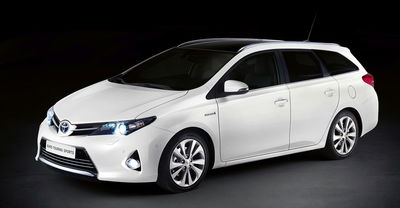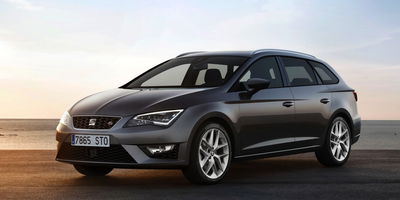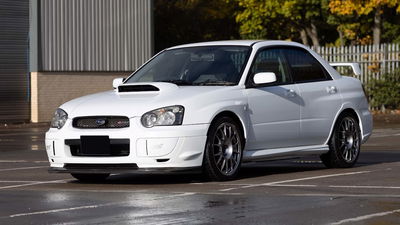When Car Makers Use The Word 'Sport' To Make Estate Cars Sound Exciting, It Drives Me Nuts

Once upon a time, if you bought an elongated car with five doors and a capacious boot, it was called an estate car, or - depending on where you are in the world - a wagon. Sure, BMW used the name ‘Touring’ while Audi insisted on using the word ‘Avant’ but ‘estate’ was the norm. But that’s not so much the case any more.
Want an estate version of the Jaguar XF? That’ll be a ‘Sportbrake.’ A Vauxhall Insignia or Renault Megane in that body style? You’ll be buying a ‘Sports Tourer.’ The estate version of the Kia C’eed is called the Sportswagon, while the Seat Leon and Ibiza can be purchased as an ‘ST’. And what does ST stand for? Yep, it’s Sports Tourer yet again.

I can see why they do it. ‘Estate,’ after all, isn’t exactly a sexy word, and the marketing people no doubt think that slapping ‘sport’ onto something normally associated with unexciting stuff like practicality and boot space will make the cars seem more exciting.
But it’s so often applied to cars which are in no way sporty. For the pretty Jag, I can just about cope with it, but for something like the Toyota Auris Touring Sports (above)? An immensely dull car which, in its most powerful guise, will take 10 seconds to crack 0-62mph? Come off it. You’re fooling no one. Sticking the word ‘sports’ in there is borderline offensive.

It’s not limited to estate cars, either. Five door cars from Audi which aren’t Avants are labelled ‘Sportback,’ and the BMW 1-series has inexplicably become the ‘1-series Sports Hatch’ with the latest generation.
Of course, there is a chance that all this sports labelling actually works very well when it comes to convincing people that a humble estate isn’t all that boring, but I’d like to think the buying public is - on the whole - a little more intelligent than that.
Anyone else get aggravated by this misappropriation of the word ‘sport,’ or is it just me?















Comments
No comments found.